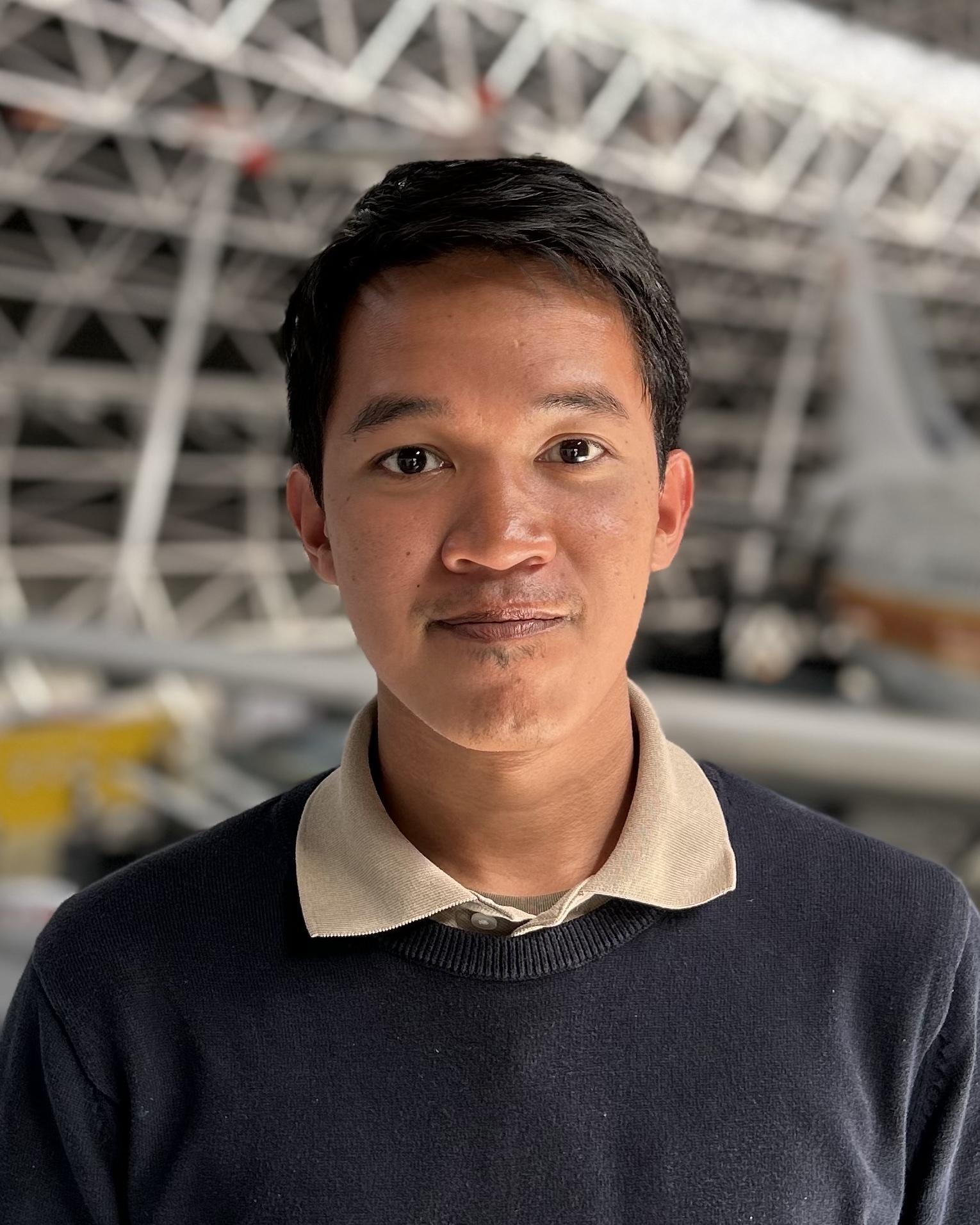Bayesian methods for multi-objective optimization of a supersonic wing planform
Published in GECCO 2020, 2020
The global design of a supersonic wing planform is demonstrated using gradient-based and gradient-free surrogate-assisted Bayesian optimization utilizing expected hypervolume improvement as the optimization metric. The planform is parameterized using 6- and 11-variables. Representative of a simple supersonic business-jet conceptual-level design, the wing-body is optimized for low inviscid drag and low A-weighted ground-level noise. The speed of convergence to the non-dominated front and suitability of the two optimization implementations are compared, and the advantages over using a genetic algorithm directly are observed. A novel method for initial candidate sample generation, effective non-dominated from sampling, is proposed to further accelerate the convergence of samples towards Pareto solutions.
